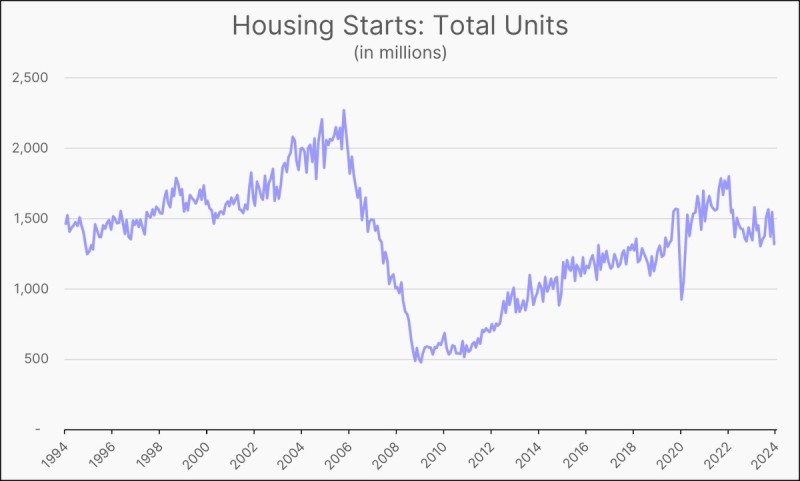Advertisement
HUD settles case against Prudential for RESPA violations
Commercial vs. residential appraisalsMike BoggianoCommercial appraisals,residential appraisals
The Mortgage Press is pleased to present "The Commercial
Corner," a monthly column by Mike Boggiano of Silver Hill Financial
LLC, dedicated to answering your questions about the commercial
mortgage marketplace. If you have a question that you would like
answered in a future installment of "The Commercial Corner," please
e-mail [email protected].
Q: How would you describe the differences between the
residential and commercial appraisal processes?
A: A residential appraiser inspects a property
and compares the home to other residential properties in the same
or similar markets. Adjustments are made to the appraisal, based on
the distinctions between the residential property and other
comparable houses, so that a final value can be reconciled.
The commercial appraiser inspects a property and not only
compares it to similar properties in the market that have sold
recently, but also analyzes the rental income from the property and
compares it to the rent levels for other properties in the
immediate area. The operating expenses for the property also need
to be analyzed and compared to the market. From this analysis, a
net operating income is derived, which needs to be capitalized into
value. The capitalization rate is determined by the market sales
and represents the investors' or purchasers' perceptions of risk.
Only after all of this data is collected and analyzed can a
commercial appraiser reconcile a value estimate.
Q: Why do commercial appraisals cost so much more than
residential appraisals?
A: As mentioned above, typically, residential
appraisals take into account just two factors when determining the
value of a property--a direct sales comparison and cost. Commercial
appraisals must consider three factors--a direct sales comparison,
cost and the net operating income. In addition, usually,
residential properties are situated in neighborhoods that are
fairly homogenous, giving the appraiser more data in a concentrated
area for comparison. There also is a larger market of potential
buyers in most residential areas. This results in greater turnover
among properties, which gives the residential appraiser more
relative data. Finally, there are many more appraisers who are
certified for residential appraisal than for commercial
appraisal.
Q: A residential appraisal can be completed in a few
days. Why does it take a few weeks to complete a commercial
appraisal?
A: Many of the reasons stated above can help to
explain the extra time involved in completing a commercial
appraisal. The residential appraiser usually has much more
homogenous data available in a relatively small neighborhood.
Often, a commercial appraiser has to locate similar properties
(retail, office, warehouse, multi-family, etc.) with comparable
data. The appraiser for a commercial property also must verify and
analyze a considerable amount of information, including rents,
financing and expenses, from participants in the sale of the
property.
Q: Will commercial lenders accept existing
appraisals?
A: Most commercial lenders will not accept
existing appraisals. They prefer to be in charge of the
appraisal-ordering process, so that they have a comfort level with
the chosen appraiser based on his past record of work with the
lender. However, any perceived relationship that could suggest a
conflict of interest between a borrower or broker and the appraiser
must be avoided.
Q: How do you choose a commercial
appraiser?
A: Most lenders will handle the selection of an
appraiser. A commercial appraiser must have a state-certified
general license and sign a competency clause, indicating that they
have knowledge and experience with a particular type of property in
a given market area.
Q: What are the brokers' or loan officers'
responsibilities within the commercial appraisal
process?
A: Brokers and loan officers should make sure
that reasonable access to the commercial property is available to
the appraiser. In addition, all relative documents such as the rent
roll, operating statements and purchase contracts should be
available to the appraiser early in the process, so as not to cause
delay. Finally, the loan officer should talk the borrower through
the appraisal process, so that she fully understands the procedures
and the costs involved.
Mike Boggiano is senior vice president, national sales
manager for Silver Hill Financial LLC. He may be reached at (877)
676-1562 or e-mail [email protected].
About the author





